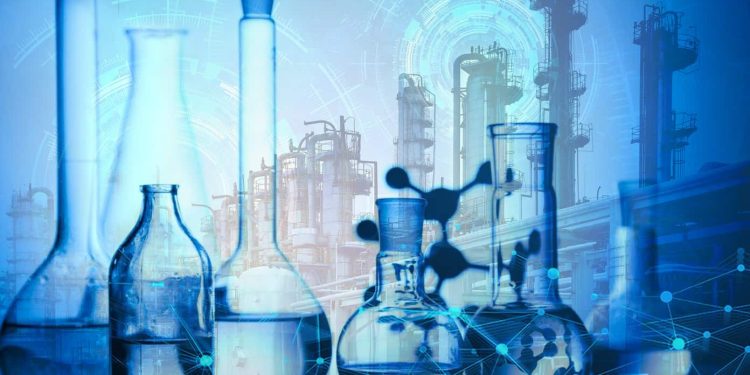The chemical industry is undergoing a rapid change due to the growing market and fierce competition. Chemical businesses must adapt to these changes to overcome the challenges of the modern world and move forward in the competitive environment.
Incorporating the latest innovations within these chemical businesses can provide immense benefits.
In this article, the latest technology trends will be highlighted that are fostering innovation and change in the chemical industry and helping the industry move forward.
Supercomputing
Supercomputing contributes significantly to the chemical industry by diminishing the gap between transactions and analytics. It enables the companies within the chemical industry to run processes in minutes and design new and better products in much lesser time. Using supercomputing, product tests can be simulated that would otherwise have taken months to develop and experiment with. Companies can now collaborate on product development over distances and shift their spending to value creation and innovation.
Cloud storage
The chemical industry has been slower in adopting cloud data storage, possibly due to the fear of security breaches. As the industry has been highly secretive, protecting chemical formulas, sensitive company information, and pricing has been a great concern for such businesses. We do have companies slowly embracing the cloud technology, but if more trust can be developed in the chemical industry regarding the use of cloud storage, it can result in great benefits for the industry, such as:
- Lowering businesses’ IT costs
- Reducing software license cost.
- Providing an effective and quick way to ensure that all the units within a chemical business use the same software.
Industrial Internet of Things
Internet of Things or IoT is all set to disrupt the chemical industry in the following ways:
- By connecting the assets and improving their utilization.
- Capturing, storing, and analyzing a vast amount of data on asset performance, product quality, production cost, storage capacity, inventory, and several other vital parameters.
- Allowing the workers to locate gaps in the manufacturing process in real-time.
- Enhancing the safety of the workers by adding smart tags on wearables.
With so many benefits in sight, even the inherently conservative chemical industry is starting to see opportunities in the adoption of the Industrial Internet of Things.
Cybersecurity
With the advent of smart devices and machinery, the risk of data theft has increased. Therefore, there is a stronger need for chemical companies to identify the vulnerabilities and carry out security measures in order to secure the value chain interactions. Here are some ways security can be enhanced to minimize security breaches:
- Partnering should only be done with trusted suppliers.
- Relationships should be built with only those partners who meet the highest security standards.
- If the companies have to give remote system access to suppliers and maintenance experts, there is a strict need to introduce central authentication and allow restricted access to each user.
Big Data Analytics
As the information is shared via cloud services, the efficiencies of chemical companies can be enhanced further by using big data analytics. Using big data analytics, chemical businesses can use their data to get the most out of their assets. For example, using predictive-maintenance, they can use data analysis and tools to detect or even avoid problems in operations and fix them before they result in system failure. Predictive maintenance typically extends the life of a machine by 20% to 40%.
Mobile Solutions
Modern chemical businesses are combining the powers of mobile solutions with the Internet of Things. By harnessing the power of mobile applications in conjunction with IoT, systems can be accessed anytime, anywhere and can be remotely controlled. Different stages of procurement, supply chain processes, and sales can also be optimized by combining mobile applications with IoT.
Conclusion
In the times to come, data and information provided by machine learning, blockchain, IoT, and other latest technologies are sure to transform the chemical industry even further. Armed with these resources, the industry will be better positioned to address the challenges of the future, such as scarcity of resources and environmental concerns.








